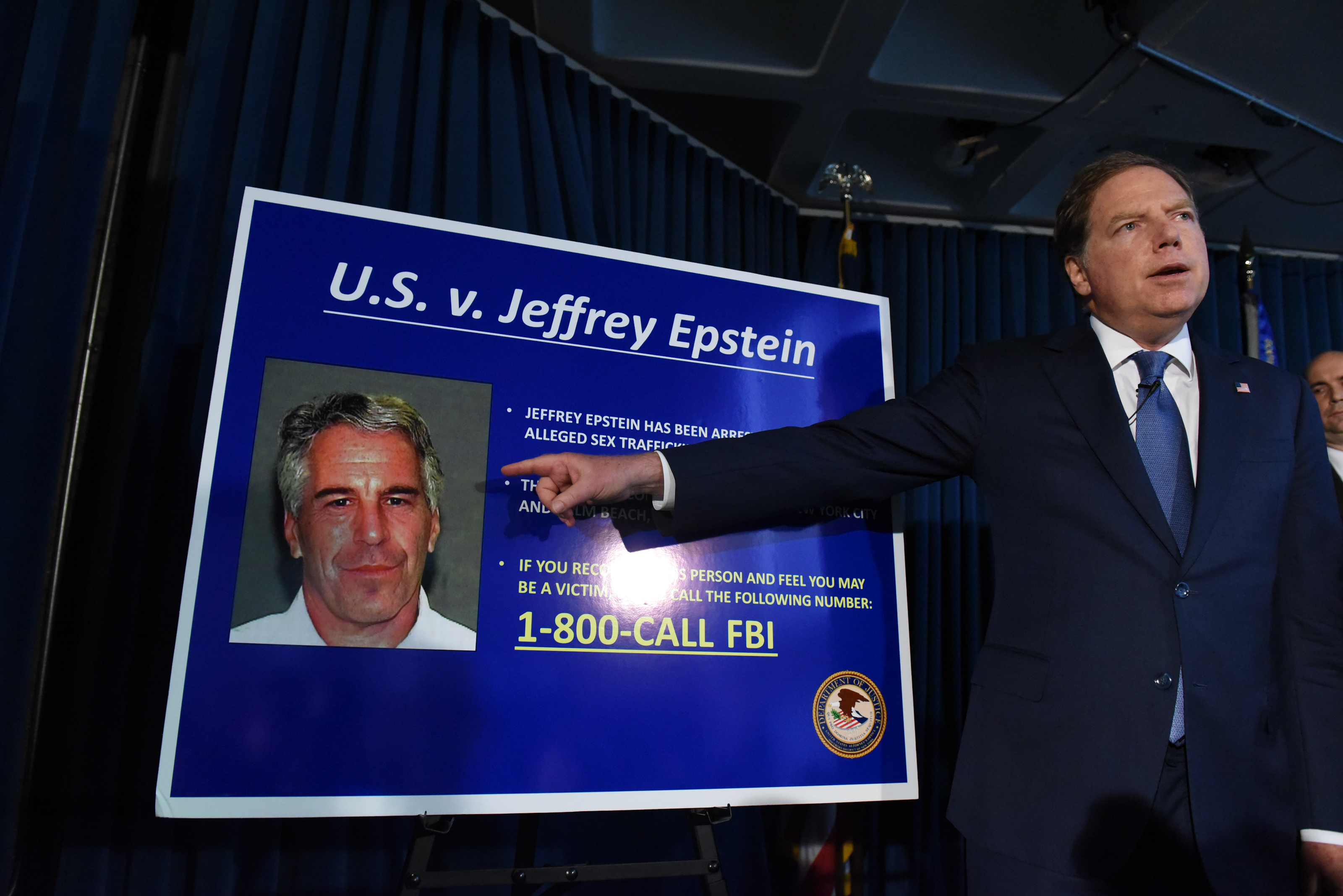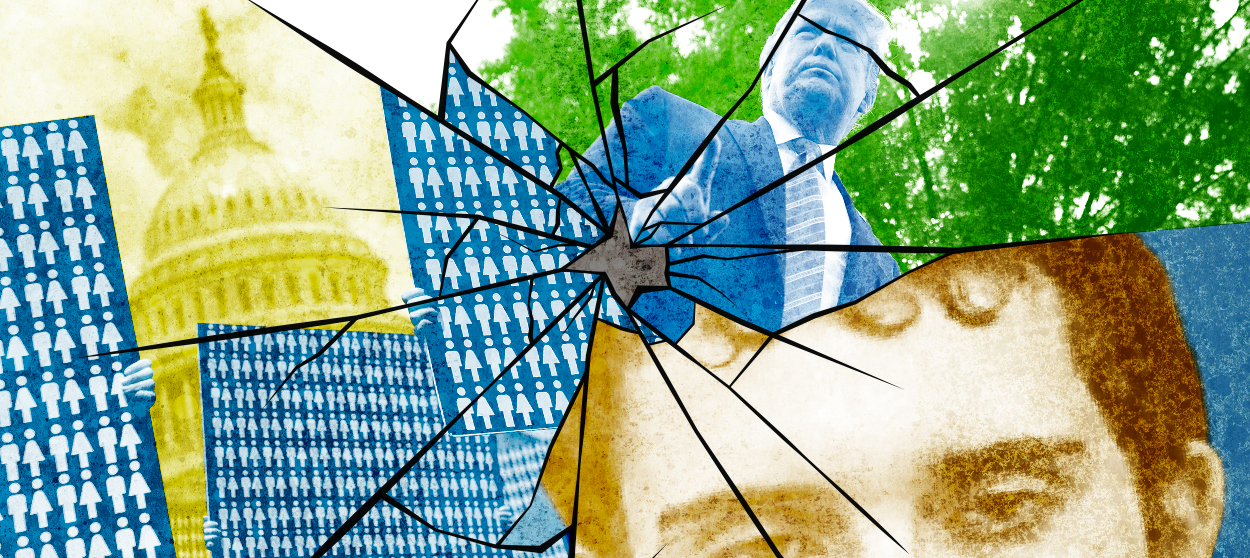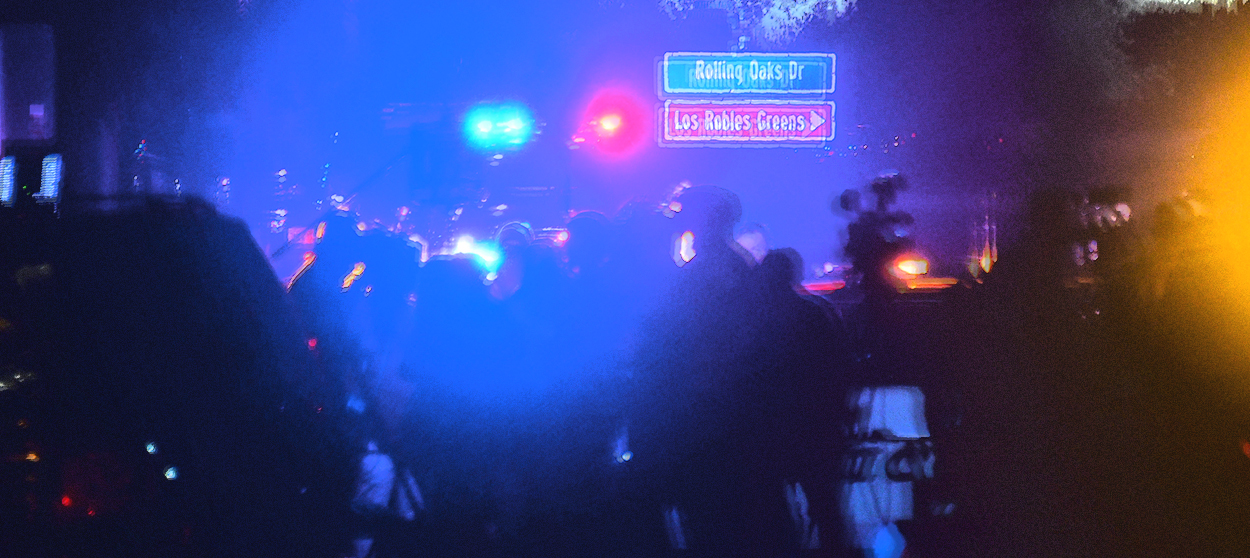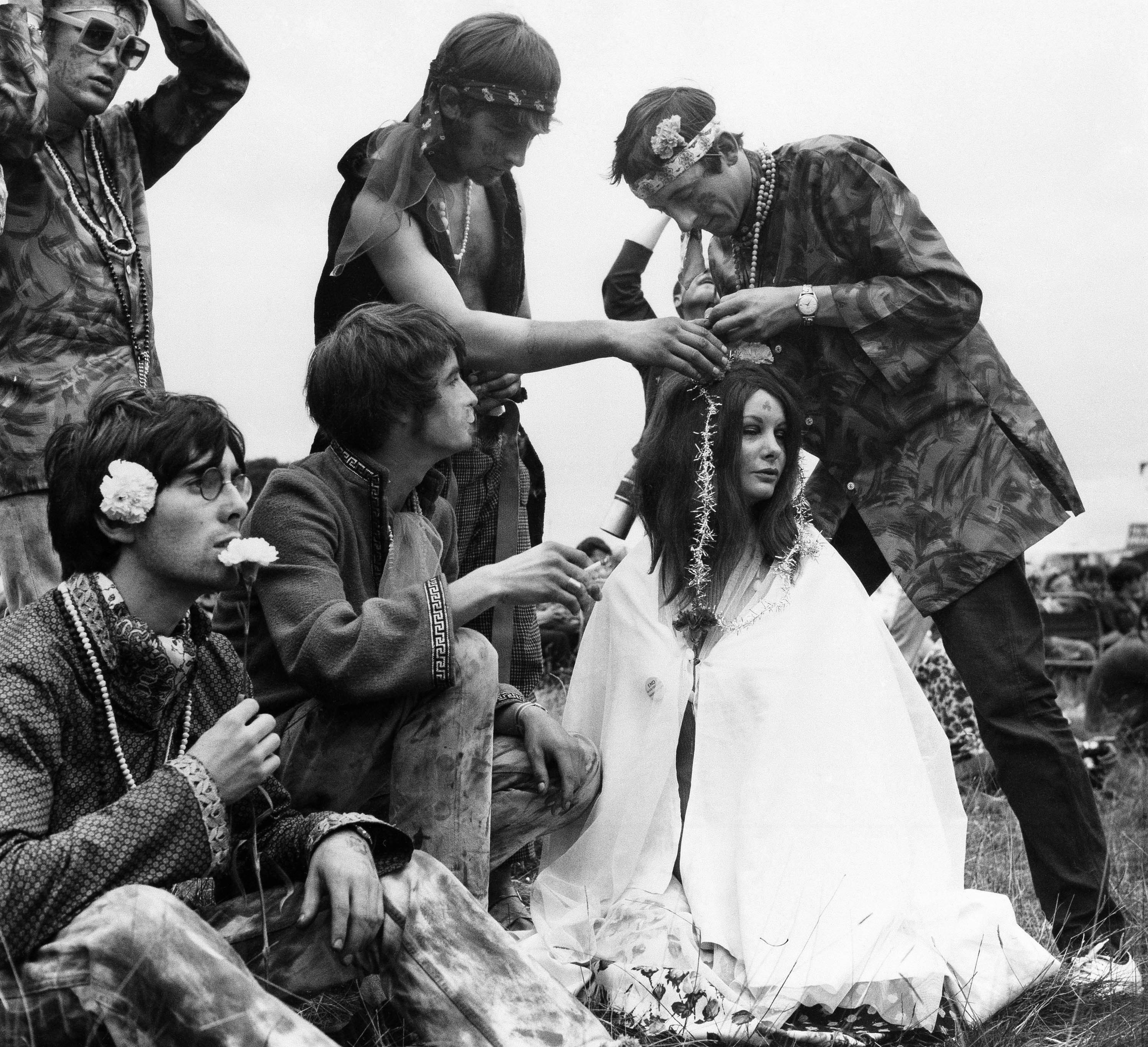Did the CIA shadow-edit Zero Dark Thirty?


A free daily email with the biggest news stories of the day – and the best features from TheWeek.com
You are now subscribed
Your newsletter sign-up was successful
Before he became a screenwriter, Mark Boal was a journalist. When journalists work on a a complicated story involving national security, it is not uncommon for them to give the CIA or another agency a full briefing about the story beforehand, both to ensure the accuracy of certain assertions, or to test them, giving the subject of the piece a chance to push back against interpretations that are incorrect, to, of course, provide last-minute spin to make themselves look favorable, but often, to clarify complicated issues and add nuance.
As a writer, I've done this with several stories. When I write long-form pieces about the Secret Service, I voluntarily provide them in advance with the passages that involve descriptions of protective methodology. That's because I don't want to publish anything that could make it harder for Secret Service agents to protect their charges. Most of the changes the Service suggests are minor, and when I've disagreed with them about the sensitivity of a method, or have shown it to be described elsewhere in the public domain, I stand my ground, and I make the final decision. It's common sense to me.
This newly declassified CIA document is a primer on Boal's technique as a screenwriter. Movies are different than reported articles. The stakes are much higher. The "truth" of a movie, even one based on real events, is a very complicated beast. I know that Boal talked to the CIA extensively during his research phase, but I also know that he talked to many people the CIA would rather him not have talked to. He did not rely solely on the information the CIA gave him. But the memo suggests that he was very sensitive to equities unrelated to the truth, per se. According to the CIA, Boal had several scenes in mind that depicted the CIA behaving unprofessionally, and upon their objection, he excised them.
The Week
Escape your echo chamber. Get the facts behind the news, plus analysis from multiple perspectives.

Sign up for The Week's Free Newsletters
From our morning news briefing to a weekly Good News Newsletter, get the best of The Week delivered directly to your inbox.
From our morning news briefing to a weekly Good News Newsletter, get the best of The Week delivered directly to your inbox.
According to Gawker, Boal said: "We honored certain requests to keep operational details and the identity of the participants confidential. But as with any publication or work of art, the final decisions as to the content were made by the filmmakers."
The CIA says that Boal took out a scene where a dog was used in an enhanced interrogation technique, a scene where a CIA officer shot a weapon in the air in celebration, changed the details about a debriefing, and took liberties with a few of the details about the videotaping of interrogation sessions. They say he speculated about how the identity of the bin Laden courier was discovered, a scene where a Kuwaiti is bribed with a new car. (We learned recently that the CIA did develop a human source that led them to the man's actual identity but we don't know before that.)
A free daily email with the biggest news stories of the day – and the best features from TheWeek.com
Marc Ambinder is TheWeek.com's editor-at-large. He is the author, with D.B. Grady, of The Command and Deep State: Inside the Government Secrecy Industry. Marc is also a contributing editor for The Atlantic and GQ. Formerly, he served as White House correspondent for National Journal, chief political consultant for CBS News, and politics editor at The Atlantic. Marc is a 2001 graduate of Harvard. He is married to Michael Park, a corporate strategy consultant, and lives in Los Angeles.
-
 Moltbook: The AI-only social network
Moltbook: The AI-only social networkFeature Bots interact on Moltbook like humans use Reddit
-
 Judge orders Washington slavery exhibit restored
Judge orders Washington slavery exhibit restoredSpeed Read The Trump administration took down displays about slavery at the President’s House Site in Philadelphia
-
 Kurt Olsen: Trump’s ‘Stop the Steal’ lawyer playing a major White House role
Kurt Olsen: Trump’s ‘Stop the Steal’ lawyer playing a major White House roleIn the Spotlight Olsen reportedly has access to significant U.S. intelligence
-
 7 lingering questions about Jeffrey Epstein's death
7 lingering questions about Jeffrey Epstein's deathThe Explainer Truth can be as strange as conspiracy theories
-
 3 things everyone is getting wrong about the El Paso-Dayton shootings
3 things everyone is getting wrong about the El Paso-Dayton shootingsThe Explainer Mental illness is a red herring — but so is Trump
-
 Is it dangerous to lionize the heroes of school shootings?
Is it dangerous to lionize the heroes of school shootings?The Explainer Honoring the children who die saving classmates is laudable — but we should tread carefully
-
 The fear we all live with
The fear we all live withThe Explainer What mass shootings have done to the American psyche
-
 The sick phenomenon of school shooting contagion
The sick phenomenon of school shooting contagionThe Explainer Mass shootings can spread like a disease, with each massacre inspiring new rampages. Can the cycle of violence be stopped?
-
 Why the Parkland conspiracy theories are different
Why the Parkland conspiracy theories are differentThe Explainer They aren't an attempt to make crazy sense of a senseless tragedy. They are a way of saying to the tragedy's victims and survivors: You aren't even worth arguing with.
-
 Sex, drugs, and the Summer of Love
Sex, drugs, and the Summer of LoveThe Explainer Fifty years ago this summer, 75,000 young people flocked to San Francisco to "turn on, tune in, drop out"
-
 What we know about gun violence may surprise you
What we know about gun violence may surprise youThe Explainer Contradictions abound
